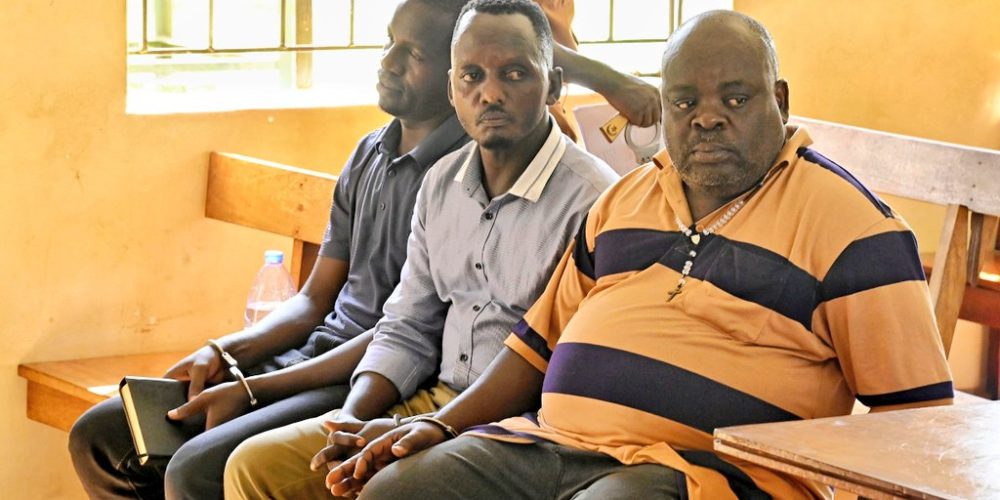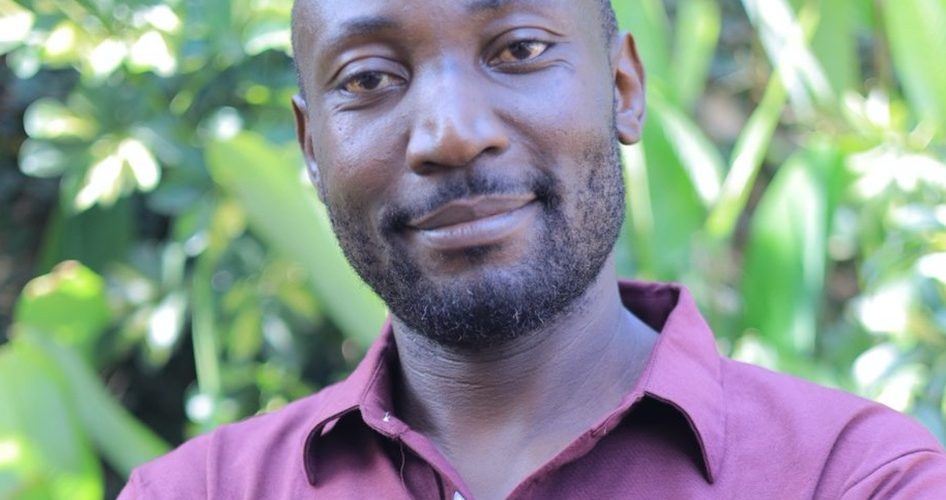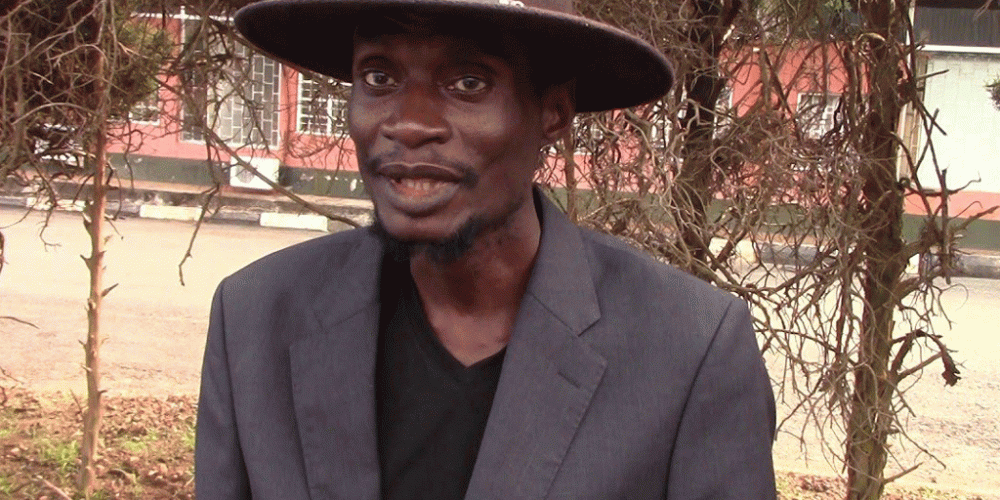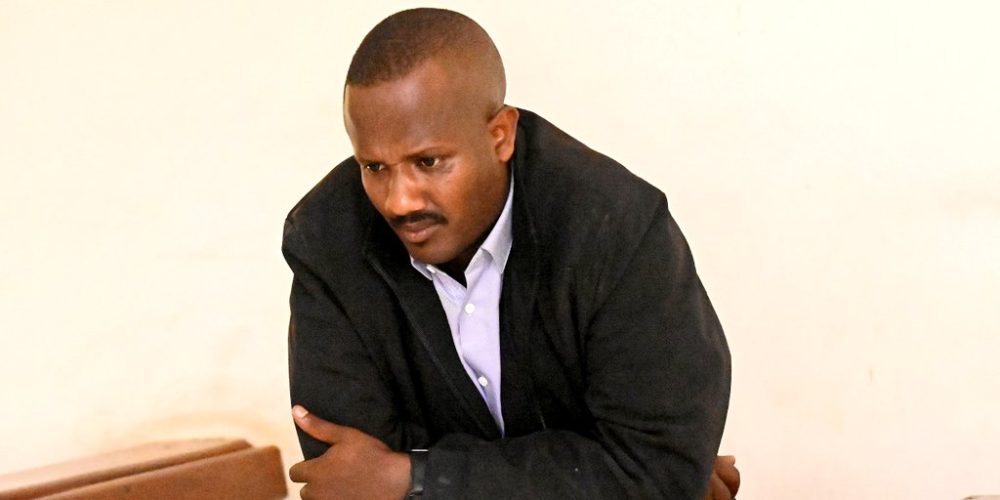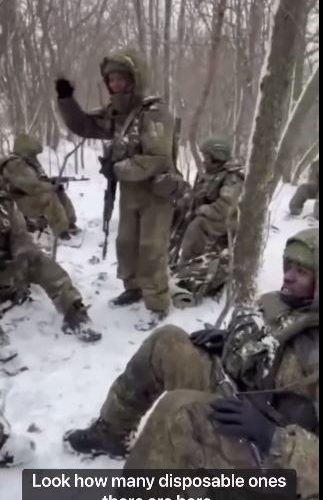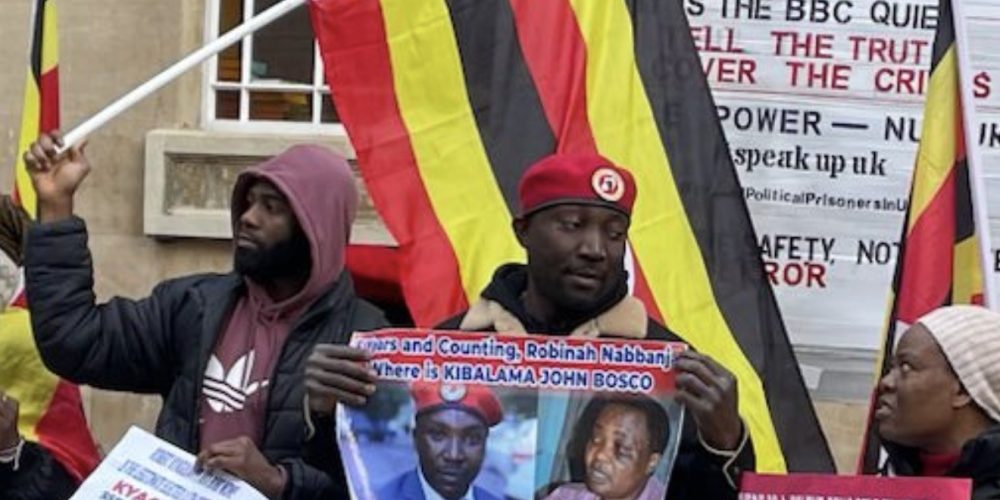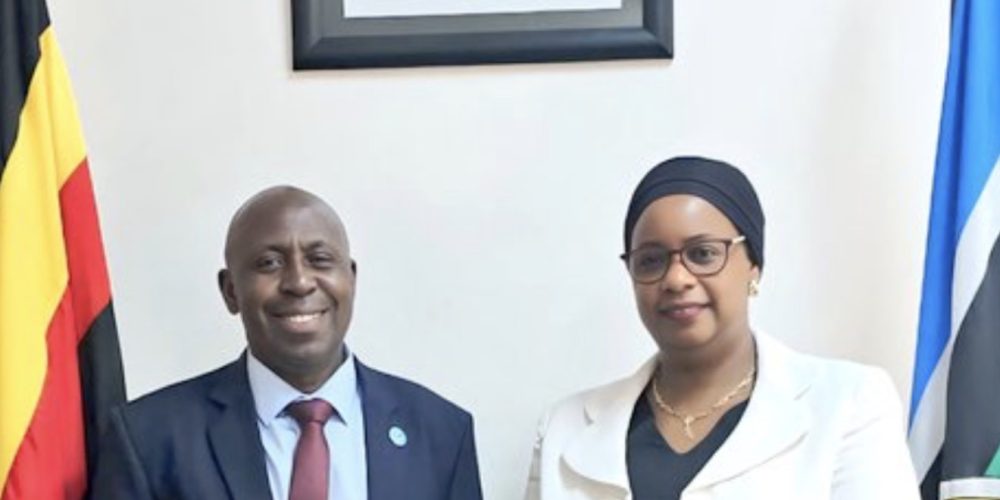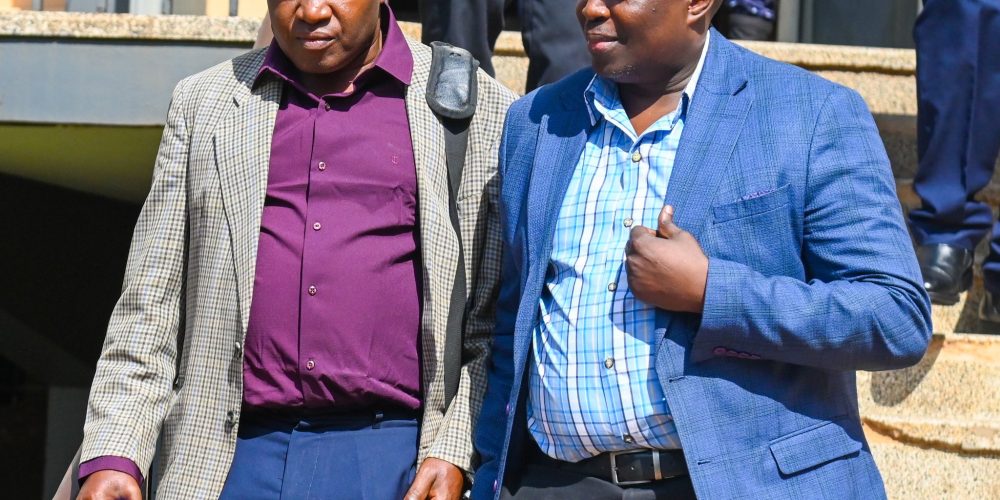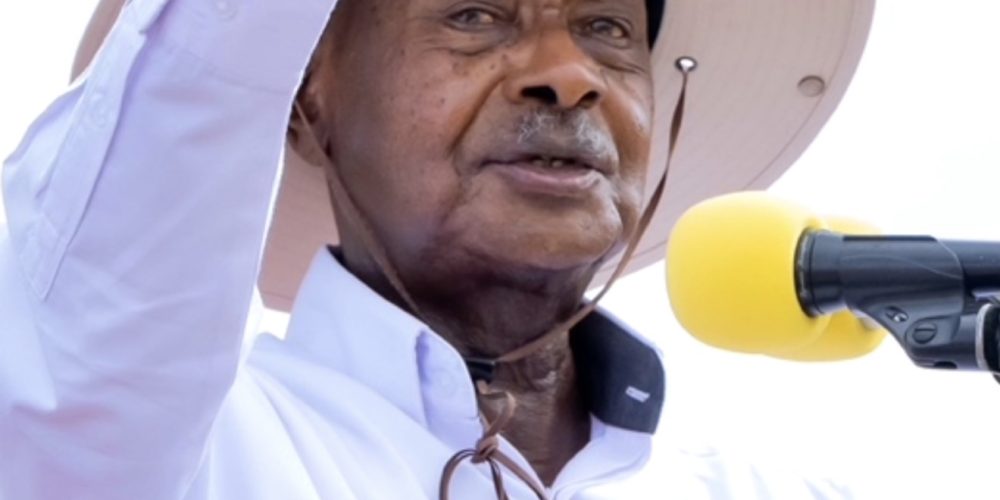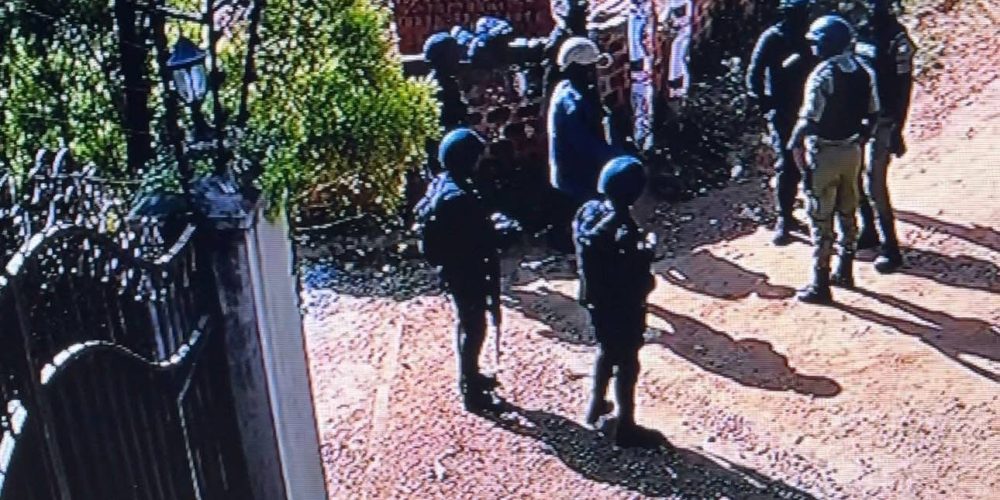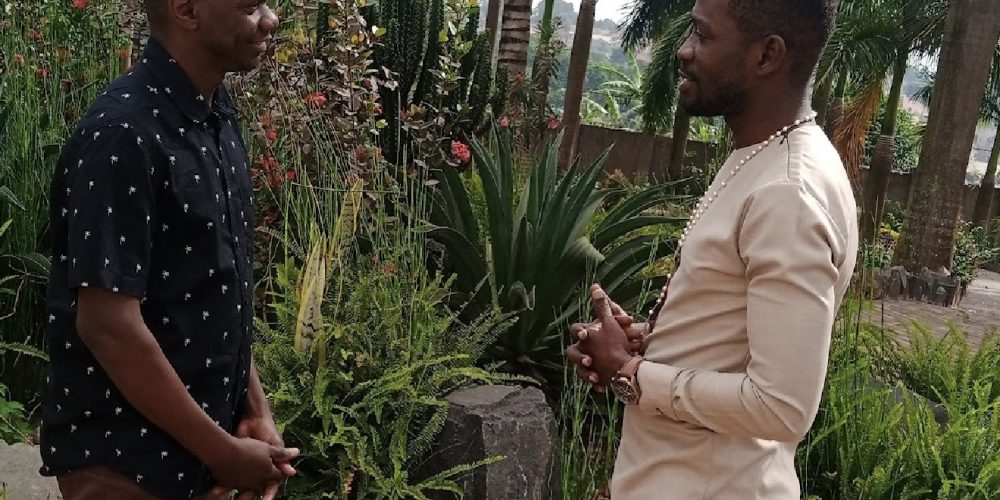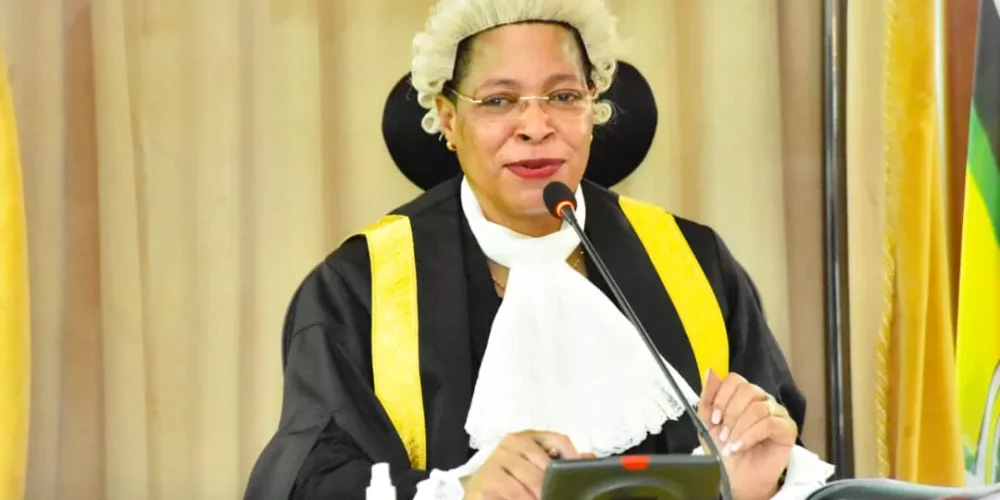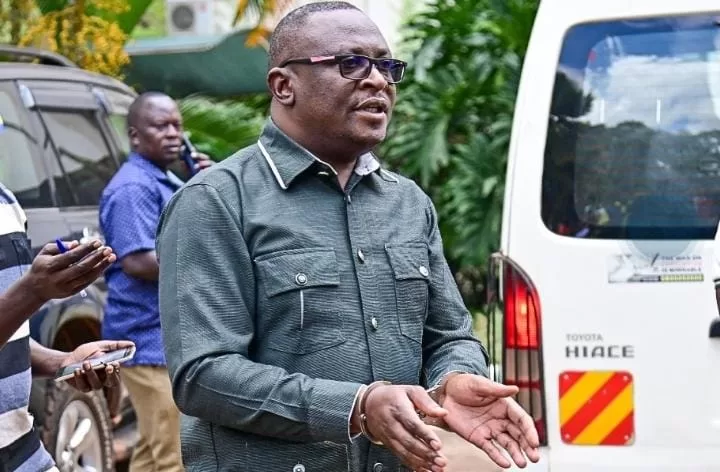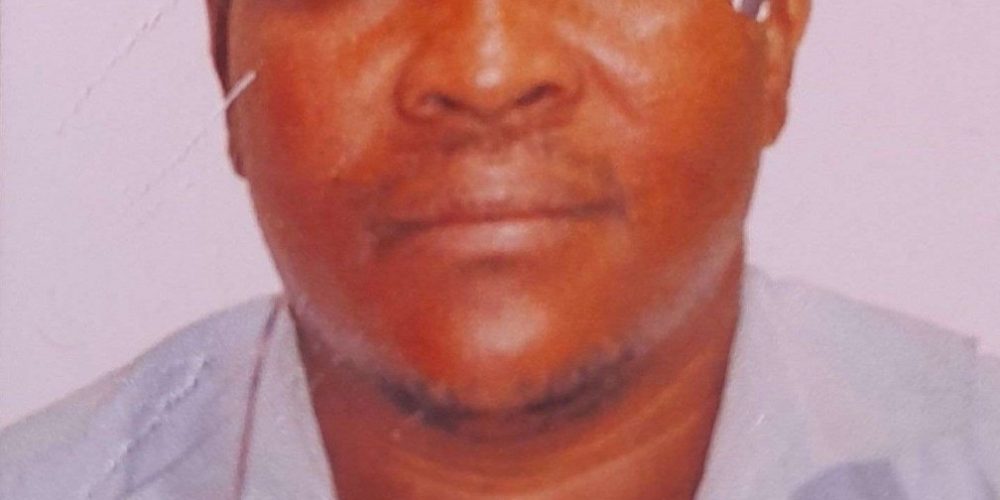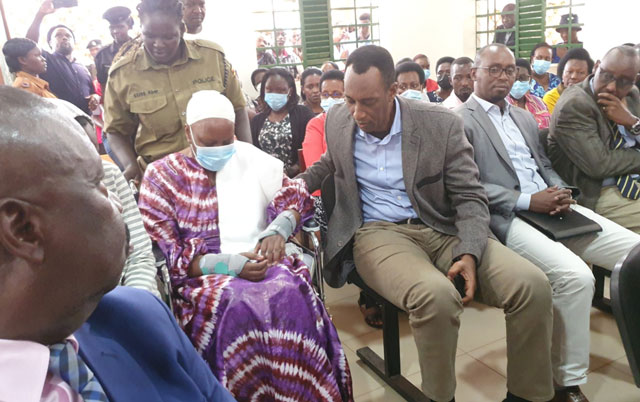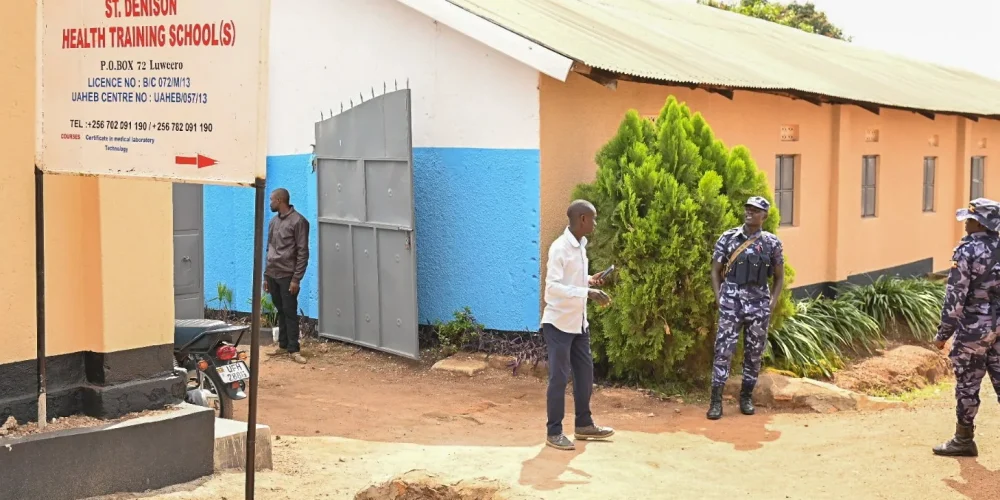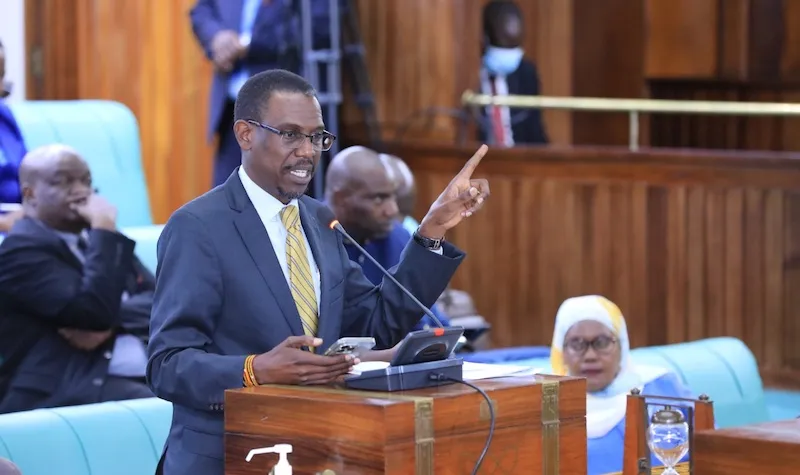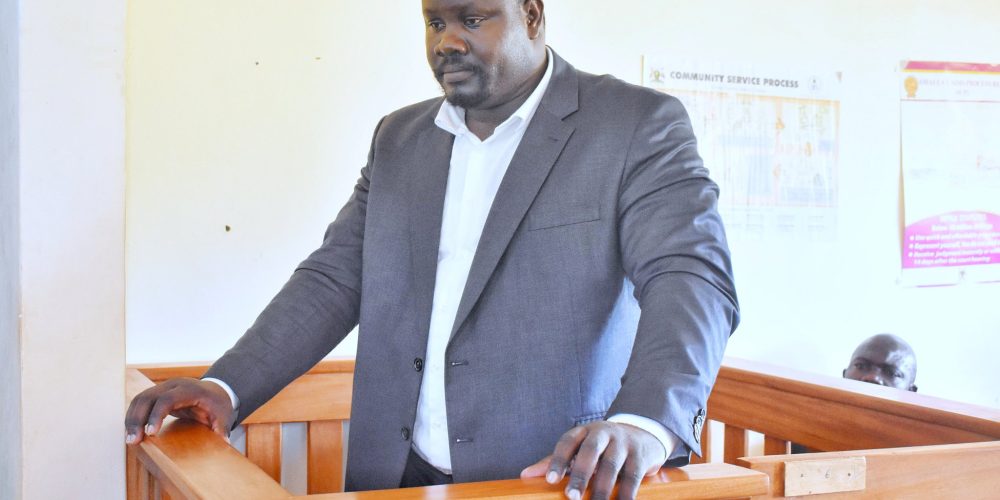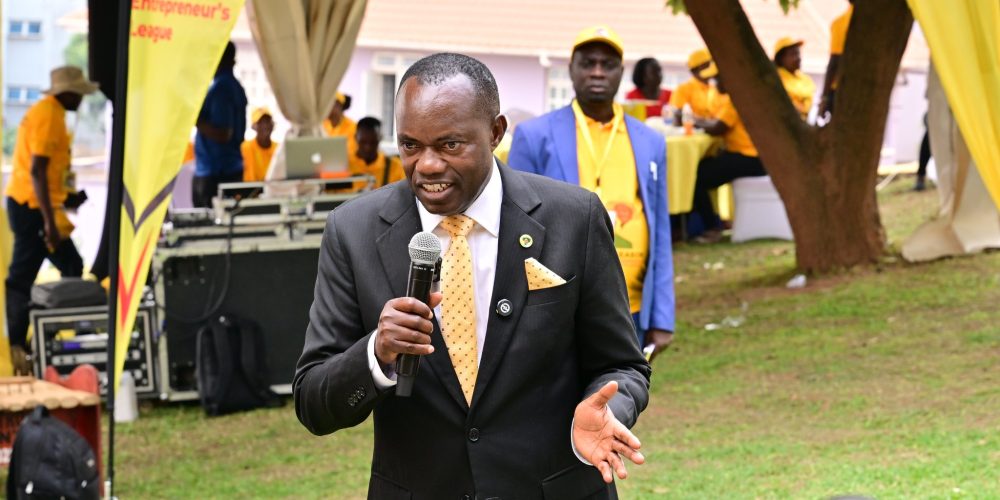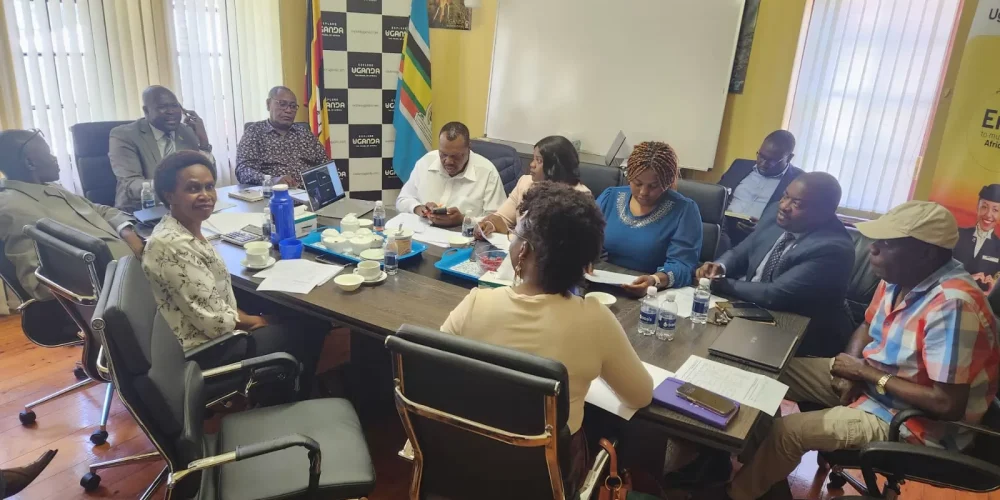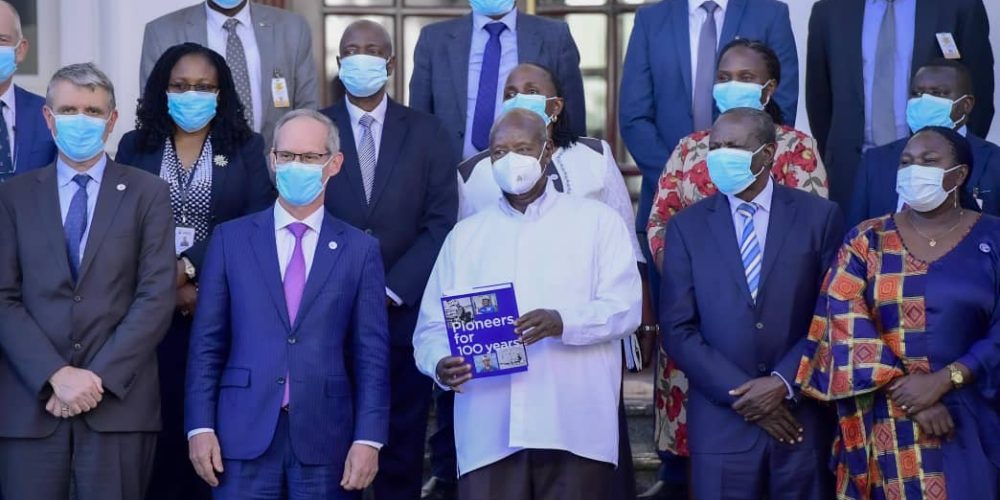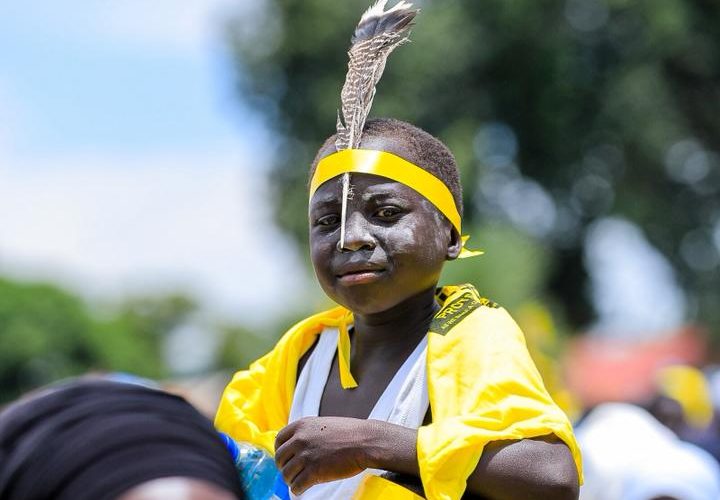Is Gen Muhoozi’s Behaviour and Posts Cultivating Genocide?
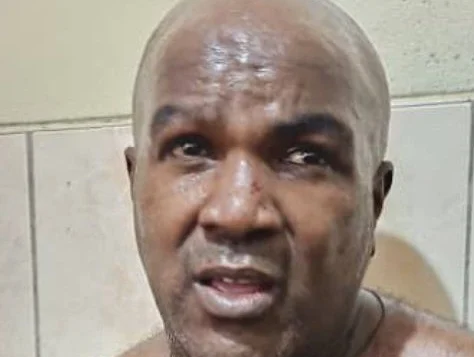
By James Kabengwa
In recent weeks, Gen. Muhoozi Kainerugaba—Uganda’s Chief of Defence Forces and son of President Yoweri Museveni—has used social media not only to escalate political tensions, but to openly mock the abduction and alleged torture of opposition bodyguard Eddie Mutwe.
What may appear to some as flippant or provocative tweets are, in truth, deeply disturbing signals of state impunity, tribal dominance, and a creeping culture of dehumanization—warning signs eerily familiar to any student of genocidal regimes.
When Muhoozi tweeted, “He is in my basement. Learning Runyankore. You are next!” he didn’t just admit to extrajudicial detention—he invoked a colonial-style conversion ritual, where the captive must absorb the language and culture of his oppressor. The statement drew immediate alarm, and rightly so.
Forcing Eddie Mutwe, a Muganda and a bodyguard to Robert Kyagulanyi SSentamu aka Bobi Wine, the National Unity Platform (NUP), to “learn Runyankore”—the language of Westerners and President Museveni’s ethnic group—suggests an unsettling push toward cultural subjugation. This is no longer just about political rivalry; it is symbolic of forming erasure of identity.
In another tweet, Muhoozi boasted, “I captured NUP’s military commander like a grasshopper (Nsenene).” To refer to a human being—one detained under unclear legal authority—as a grasshopper is to strip him of his humanity.
This kind of dehumanizing language has historical echoes. In Rwanda, Tutsis were called cockroaches before the genocide. Words matter. When a powerful military figure normalizes such language, he cultivates not just fear, but the psychological groundwork for systematic violence.
The implications grow darker with his other posts. “Eddie is looking very smart these days… he salutes Mzee’s picture every day before breakfast.”
This chilling image of forced indoctrination should raise red flags among international human rights observers. It implies captivity, brainwashing, and a grotesque parody of loyalty—none of which have any place in a constitutional democracy. To treat an abducted person like a trophy or pet project is not only unethical; it is profoundly dangerous.
Bobi Wine, the NUP leader, has condemned these statements as state repression—and he is right.
Muhoozi’s response, “What will you do about it? Coward,” shows no remorse but only bravado. It is the language of a man who feels untouchable. That is perhaps the gravest concern. When the military’s top brass behaves like a warlord on X, mocking habeas corpus petitions and daring the opposition to react, the state has abandoned even the pretense of rule of law.
What we are witnessing is not isolated arrogance—it is systemic decay. The silencing of dissent through abductions, cultural reprogramming, and mocking language lays the foundation for ethnic scapegoating and political purges.
Uganda must heed the warning signs. Genocide is not born overnight—it is cultivated in basements, media, and silence.
Will we wait for mass graves to speak out? Or will we confront the seeds of violence now, before they take root?











